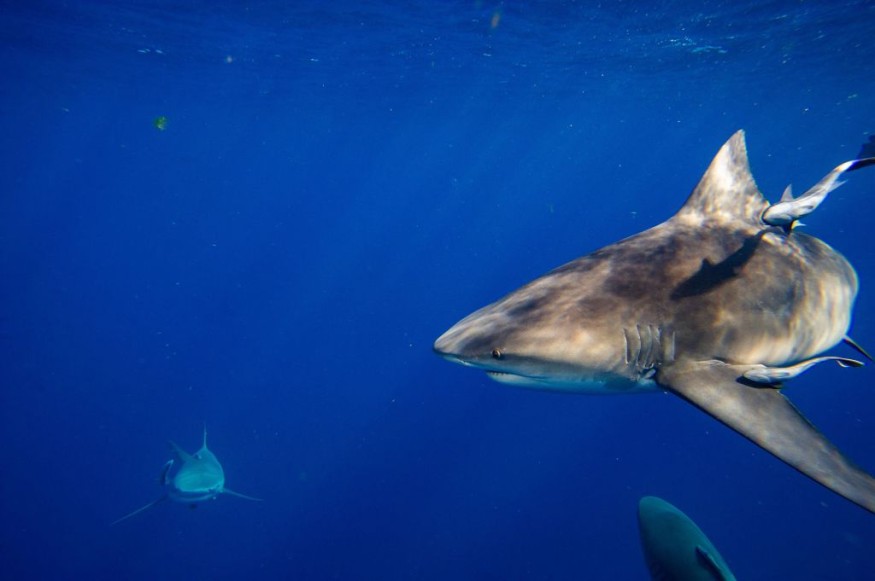
After becoming stranded by receding floodwaters, a group of bull sharks resided in an artificial pond on an Australian golf course for almost 20 years. Then they disappeared.
Bull Sharks on a Golf Course
The bull shark, which can live in freshwater conditions and is found in rivers all over the world, is rare. Bull sharks have occasionally been imprisoned in freshwater habitats for extended periods of time, despite the fact that their stays are normally brief - and they appear to have flourished.
Sharks from the golf course probably washed inland at times of flooding. The Logan and Albert rivers are immediately close to the Carbrook Golf Club, which is located southeast of Brisbane. The club's resident bull sharks helped it become well-known. Occasionally, during summer storms, these rivers' banks are breached by rain, flooding the area's floodplain. The course is firmly within the freshwater zone where bull sharks live, being less than 6.2 miles inland from the coast.
Stranded with Sustenance
Sometime between 1991 and 1996, the sharks found their way into the pond, which was the remains of a sand mining operation. Three floods broke through the banks of the rivers during that time and rushed inland, carrying the sharks with them. The sharks were left stranded after the floodwaters subsided.
Although the pond, which is roughly 2,300 feet long and 1,250 feet deep, is small and shallow and was the site of their initial detection in 1996, no official population counts were ever made. However, the sharks were frequently seen and frequently approached the beach. The golf course's administration embraced them, and the species ended up serving as the facility's mascot.
According to observational reports, the sharks were probably juveniles when they became trapped but subsequently grew up to 9.8 feet long. Although their eating habits were not examined, it is likely that species such as flathead grey mullet, Indo-Pacific tarpon, mangrove red snapper, and yellowfin bream that were also introduced to the pond during flooding events provided a sufficient diet.
According to Florida International University shark researcher Michael Heithaus, who was not involved in the study, if sharks can find the food they require, living in these low-salinity habitats can be quite advantageous because there are fewer predators.
It shouldn't come as a surprise that they survived as long as there was plenty of food because puppies in some nurseries can spend years in almost fresh water.
Also Read : 5 Scary Animals and Their Terrifying Features
Dead or Free?
By 2015, there sightings of the bull sharks in the pond stopped. Although the authors of the research believe that some of the sharks may have simply perished and sank, another flood in 2013 may have given some of the sharks a chance to escape back into the nearby riverways. The sharks were still in the pond when golf course employees discovered one carcass.
Even though it currently seems like there are no sharks in the pond, this peculiar story shows how adaptable these ancient predators are and how well they tolerate freshwater habitats. According to the study, the golf pond sharks' case represents the longest-known instance of bull sharks consistently residing in a low-salinity environment.
Related Article : Shark Tooth Island Traps Tourists as Narrow Sand Path Disappears on High Tides Off North Carolina Coast
© 2025 NatureWorldNews.com All rights reserved. Do not reproduce without permission.





